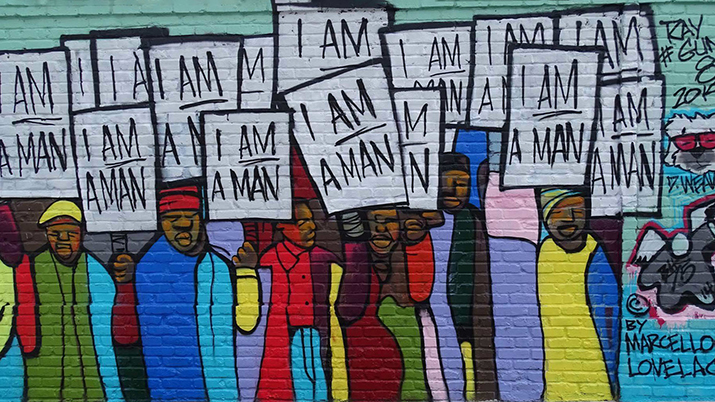HAPPENING AT THE UNITED NATIONS
WORLD HUMAN RIGHTS DAY
Almost all countries in the world are members of the United Nations and should adhere to the ideals they represent. World Human Rights Day, set for December 10, should therefore serve no purpose. There is no disagreement on the fact that all human beings have the same dignity and should have the same right to life, personal freedom and security. Nobody is still openly in favour of slavery or torture. Just saying it in public would cause an outcry everywhere. When we move from statements of principle to facts however, things change. Some begin to wonder if a child who sews shoes in a basement for 18 hours a day is in a state of slavery or not while others are convinced that obtaining information from a suspect using coercive methods is not only not a crime, but serves to ensure our safety.
In some areas of the world, the perimeter of freedom is constantly shrinking and respect for principles that are believed to be shared often becomes just a facade. The rules are interpreted and filtered through the cultural peculiarities of each place and global political guidelines are added to this that over the decades have slowed down the effective adoption of the articles of the Universal Declaration of Human Rights. It is enough to consider the Cold War, the discrimination of the 1950s in the United States, apartheid in South Africa, dictatorial regimes in Africa or Asia and, more recently, Islamic fundamentalism and the coronavirus pandemic, which have highlighted contrasts, always latent, exposing them once more.
In this sort of ‘compass’ of humanity that is the Declaration, it is written in article 1 that «all human beings are born free and equal in dignity and rights». Up to here, it is a question of claiming something, and we are all in agreement. But then it is specified that we must act «towards one another in a spirit of brotherhood». It is at this point, that problems arise, because this is a duty that implies the need to change one's attitude, to open up to others. Always difficult, but almost unthinkable when we find ourselves in difficulty. For this reason, every time an economic, political, health or social crisis emerges, the first to see their rights undermined are the poorest, those who actually need protection the most. It is easy to be generous with a full stomach, but when the bread begins to run out, idealism is quickly put aside. «The world hurts me» sang Giorgio Gaber listing the injustices of the planet, but he added: «What hurts me more than anything else is the fact that once my tooth hurts, the world no longer hurts me». It's natural, it's human, but it doesn't work. We should continue to bear injustice even at the dentist. Or at least on December 10th.







